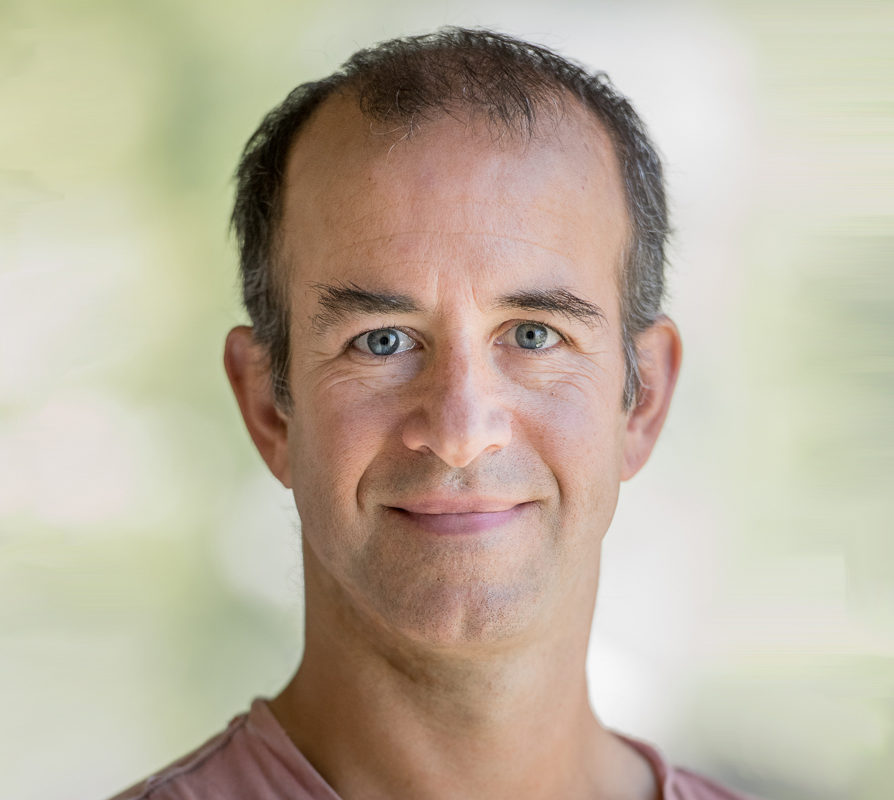
Video by Alric Devotta
USC will be offering a new two-unit class next spring, MEDS 380 Stem Cells: Fact and Fiction, which will explore contemporary topics in stem cell biology and innovative future applications that can close the gap between scientific reality and science fiction predictions.
The class will be offered as an elective for a minor in health care studies, but is open to all majors, provided that the students have taken or have credit for a general biology course.
Erin Yamauchi, program specialist for the health care studies minor, believes that this class will provide students with another outlet to explore professions in the health care world.
“This will provide better career advising, better planning in terms of whether you pursue a MD or PhD program,” she said. “MEDS 380 Stem Cells: Fact and Fiction actually came about because we wanted to tie in the health sciences to a lot of other arenas … understanding that the health care field touches upon economic, social and, of course, liberal arts implications.”
Designed as an interdisciplinary course, MEDS 380 will incorporate aspects of the liberal arts with hard sciences such as biochemistry and organic chemistry. Yamauchi said the idea for the course was largely faculty-initiated, and the course is unlike anything done before.
“This is almost a course that students couldn’t even fathom because science students are so used to the regular chemistry, biology, organic chemistry and all the typical pre-health classes,” she said.
Yamauchi welcomed the involvement of Gage Crump, who will be leading the course next semester.
“We had a professor who has significant background in stem cells and who also wanted to incorporate his interest in science fiction [to] really develop students’ understanding of how science and the creations of science — research and discovery — relate to a larger context, to literature and social issues,” she said.
A USC Stem Cell researcher, Crump explained the value of the course to students interested in stem cell biology as well as the liberal arts.
“We wanted to offer a class in [stem cell biology], but we still didn’t want to offer your standard kind of science course,” Crump said. “We wanted to offer a course that would get students interested in the field early on.”
Crump’s interests outside of academia include science fiction literature. Crump finds parallels between the visions of science fiction novelists and the real applications of stem cell biology. He gave the example of Margaret Atwood’s novel Oryx and Crake.
Crump said that real farm animals become rare luxuries in Atwood’s dystopian society and are replaced by synthetic foods. He then relates Atwood’s dystopian world to aspects found in our society.
“Recently, [researchers] have been taking skin cells and reprogramming them into muscle cells and growing them in dish and making a synthetic burger,” he said.
Crump also looks forward to the interdisciplinary effects of the course.
“There’s been a real initiative to try to have collaborative efforts with people in other schools throughout USC, particularly the arts department, because these ideas of stem cells, genetic engineering and regeneration capture the public’s attention,” he said.
Nikhil Kotha, a sophomore majoring in biomedical engineering and minoring in health care studies, expressed interest in the class. He thinks that this course will give students perspective on the health care world, since he believes pre-health students can easily lose sight of the bigger picture when immersed in their science courses.
“As premeds, we go through a lot of classes that are straight and narrow,” he said, “whereas [MEDS 380] can give students an overview of the current field and allow students to step back to remember why they are doing all this and realize what out there is possible.”
